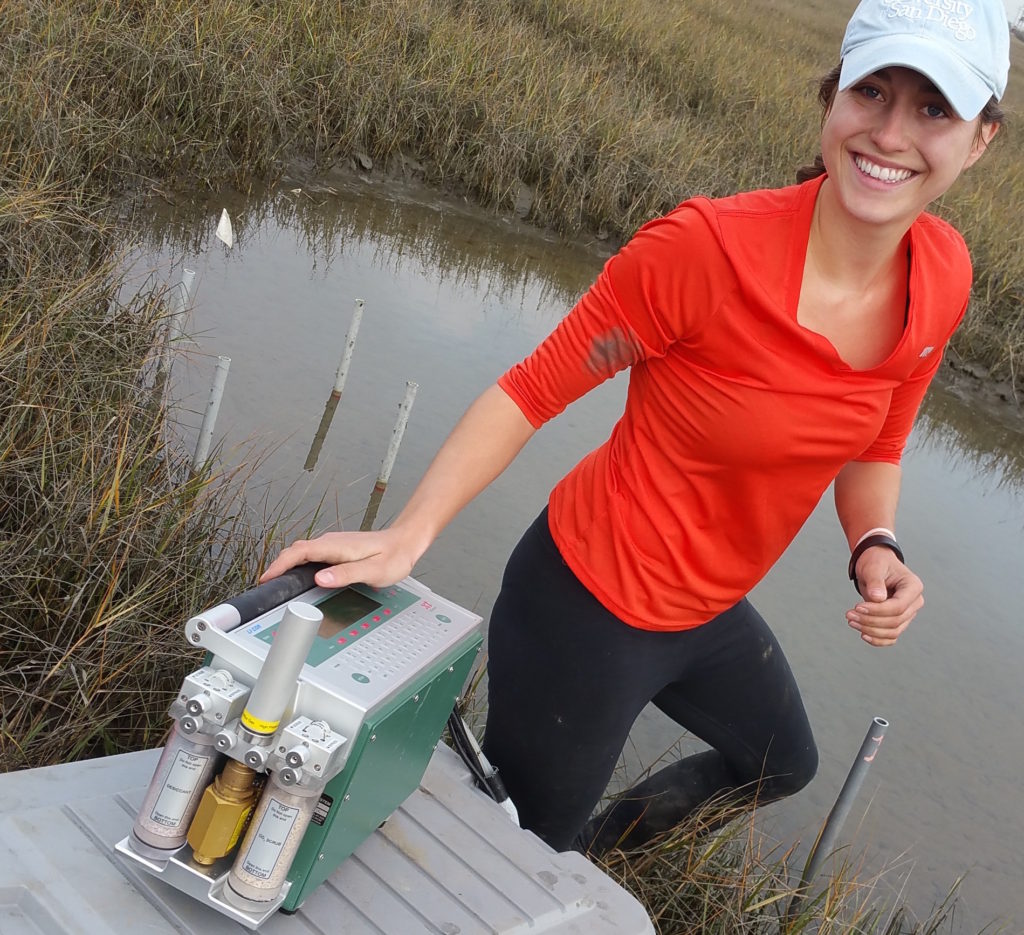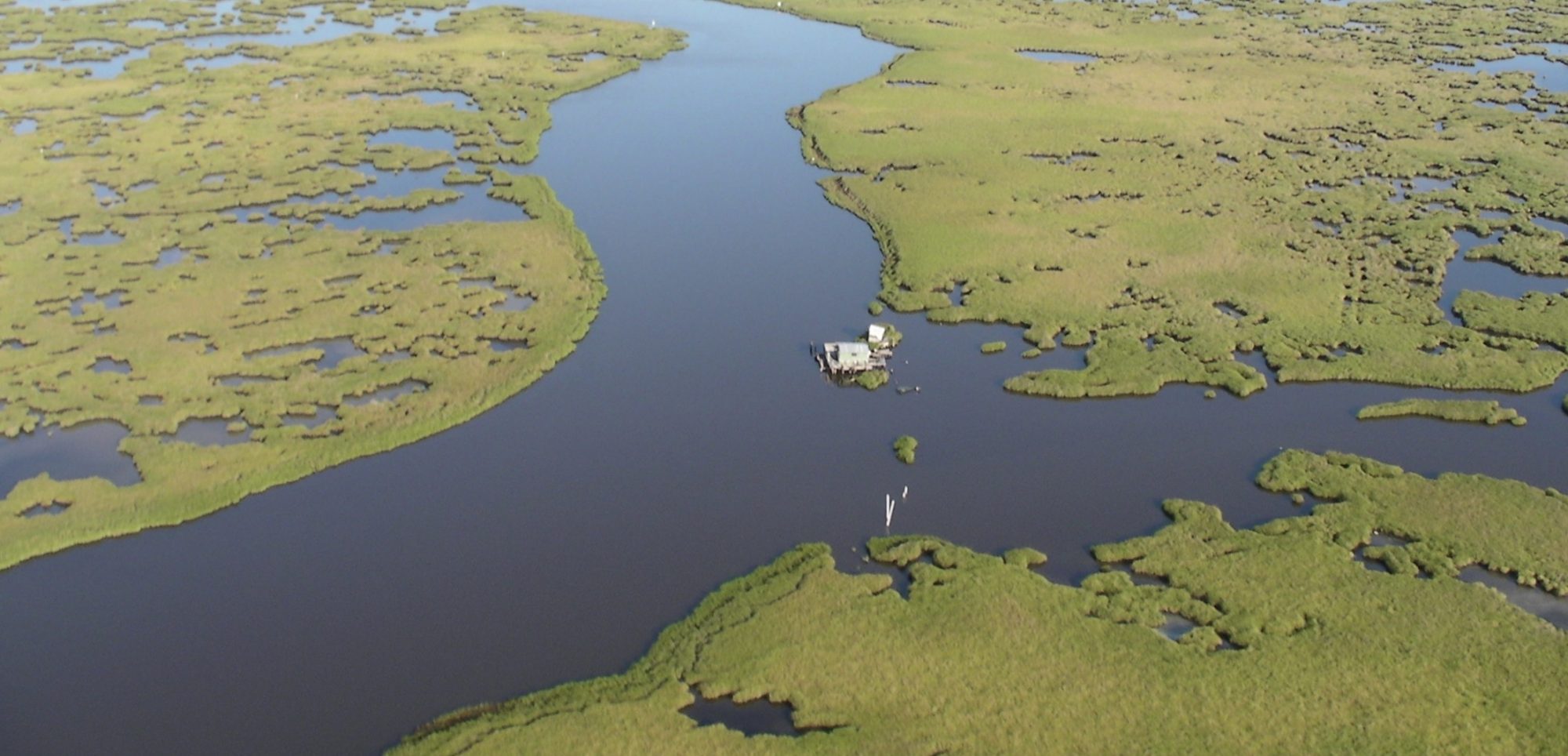
M.S. Candidate, University of California Long Beach
The Seneca Award
Conference Travel Grant (Coastal & Estuarine Research Federation Meeting)
Short-term impact of sediment augmentation on vegetation and invertebrate communities in a southern California coastal wetland
“As sea levels continue to rise, management strategies need to be implemented to prevent coastal wetlands from experiencing increased inundation. Sediment augmentation is one such strategy that sprays a thin layer of sediment across the marsh plain in order to raise the marsh’s elevation to reduce inundation. In this study, I look at the short term effects of sediment augmentation on vegetation and invertebrate communities following the addition of sediment in the Seal Beach National Wildlife Refuge in Southern California. Abiotic measurements, invertebrate cores, and plant physiology were analyzed before and after sediment augmentation in a before-after-control-impact (BACI) design. The wetland area is dominated by three main habitat types 1) Spartina foliosa 2) Batis maritima and 3) ponds or standing water. Immediately following sediment augmentation, there was a significant decrease in plant cover and invertebrate abundance in the augmentation site. There was also a significant change in the community composition of plants within Spartina and Batis habitats and a significant difference in the community composition of invertebrates within all habitat types. I expect that through time invertebrate and vegetation communities will recover until they reflect pre-augmentation levels, although the invertebrate community will be slower to respond than the plant community. Detailing changes in vegetation and invertebrate communities after sediment application will provide information on the ecological impacts of sediment augmentation as a strategy for combating sea level rise.”
